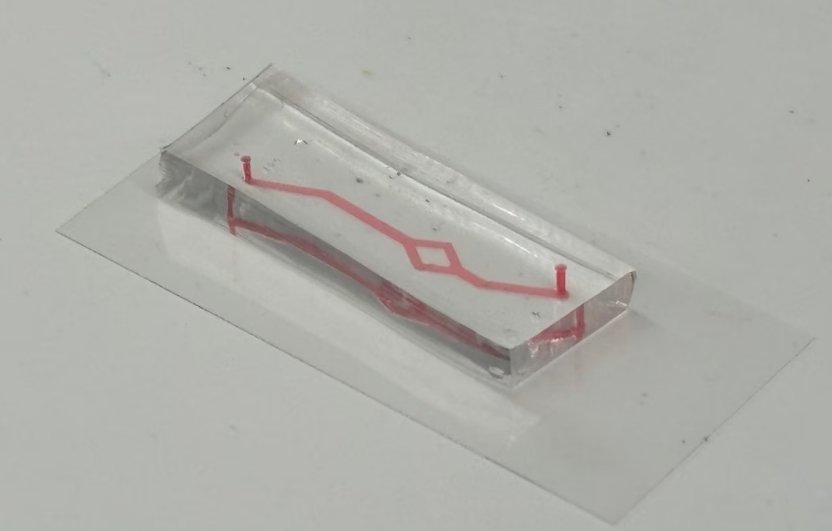
A University of Sydney team have successfully created a transparent microchip with the potential to reduce the testing of new drugs to treat heart disease on animals before proceeding to clinical trials.
The innovative device mimics blood vessel damage due to high blood flow and inflammation, the first stage that leads to development of heart disease. The design offers a more accurate and detailed understanding of how and why blockages occur in specific locations in blood vessels.
A blood vessel-on-a-chip is a small device that has tiny channels etched into it where human cells can grow, mimicking the structure and function of human blood vessels which helps scientists and doctors do tests quickly and with very little liquid.
Although mice and other animals have similarities to human biology, the vessel-on-a-chip utilises real human cells and offers more manageable and cost-effective control in the lab.
The australian researchers have also developed a new more effective surface modification approach that improves the materials current microchips are made from, making them better for protein and cells to attach to compared to the traditional materials.
The researchers hope that the microchip developed can be used in the biomedical space for modelling human organs and diseases. This would provide a better understanding of human biology and the outcomes of drug screening.




